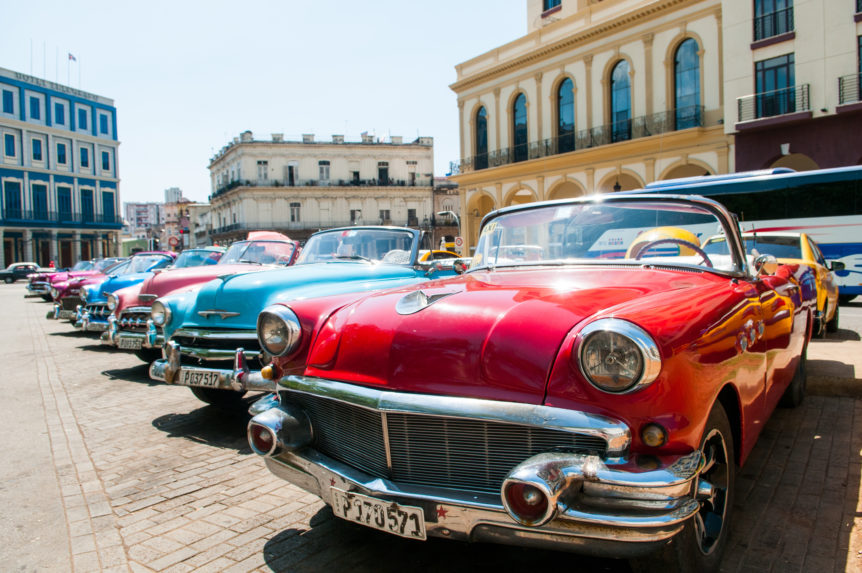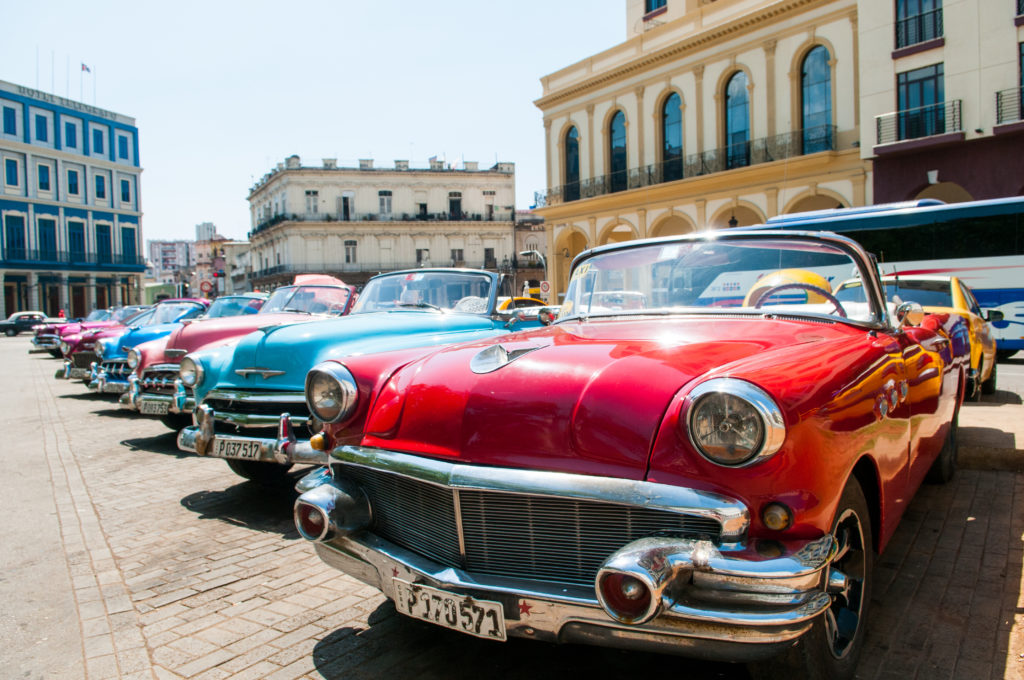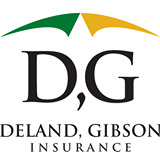Are you a proud owner of a classic car, eagerly anticipating the thrill of hitting the road? Ensuring that your cherished automobile is adequately protected is of utmost importance. When it comes to insuring a classic or antique vehicle, numerous factors must be taken into consideration. In this article, we’ll delve into the intricacies of classic car insurance, providing valuable insights to help you navigate the process effectively.
Is My Classic Car Insured Properly
A common misconception about classic cars is that you can adequately insure them under a standard auto policy. However, there are significant differences between the two types of insurance that are important to understand. After all, your collector car deserves specialized coverage tailored to its unique needs, distinct from your everyday vehicle. Opting for a classic car insurance policy over a standard auto policy can yield savings of up to 40%, depending on your coverage.
Deland, Gibson insurance is here to help you properly insure your classic car.
How Do You Define a Classic Car
The terms “classic car” and “antique car” can be interpreted in many different ways. It is important to understand what makes a vehicle classic for insurance and registration purposes.
The insurance industry defines classic cars as vehicles that are between 20 and 40 years old. These cars have likely been restored at one point in time and are kept in good condition while staying true to their original design and specifications. Most insurers would not classify vehicles with modern alterations like an MP3 player or built in GPS as classic cars.
Classic cars are not your everyday vehicle. You might take it out on occasion for a joyride or car showing, but you treat it as a collector’s item. Insurers will typically require something unique about your vehicle to consider it a classic car, such as its age, high value, or customizations made.
What Is the Difference Between Classic Car Insurance and Antique Car Insurance?
The primary difference between classic and antique vehicles is that antique cars are fairly older. To classify as “antique,” most insurance companies require your car to be 25 years or older. Most people use antique cars for collector car shows or restoration projects. Classic cars, on the other hand, are typically 19-24 years or older, and are typically driven slightly more than antique vehicles. However, every antique and classic car is unique and will have different coverage needs. Contact Deland, Gibson Insurance to find out what classic car insurance policy is best for you and your vehicle.
Is Classic Car Insurance Right for My Vehicle
There are several differences between classic car policies and traditional auto insurance. If you think your vehicle qualifies, purchasing a classic car policy is more logical. There are several differences between classic car policies and standard auto insurance. Classic car insurance typically costs less than standard auto policies because they aren’t driven as much, which minimizes liability and damage risks.
Another benefit of classic car insurance is agreed value coverage. Every classic car is valued differently. Agreed value is the amount you and your insurer decide your classic car is worth before issuing the policy. Agreed value ensures that if an accident occurs and your classic car is totaled, you will receive the full insured value. Unlike a standard auto policy, the maximum payout won’t decrease over time.
Things To Consider When Insuring a Classic Car
When insuring a classic car, it’s essential to consider the requirements. In addition to confirming your vehicle is in good condition and qualifies as “classic,” insurers generally expect your car to meet the following criteria:
- You don’t use your vehicle for everyday commute, routine driving, or racing – most insurers will have yearly mileage limits for your classic car
- You have maintained a clean driving record for the past 5-10 years, with no more than one at-fault accident in the past three years
- Your store your vehicle in a climate-controlled or fully closed garage
If you and your vehicle meet these specifications, insuring your collector’s car under a classic car insurance policy is an economical choice.
What Does Classic Car Insurance Cover
Classic car policies have all the coverage of your standard auto policies and more. Insurers will be familiar with your vehicle’s needs and know what coverage works best. Auto policies generally cover damages, injuries, and theft. If an accident were to happen involving your vehicle that caused damage or any injuries, a classic car policy would help with expenses. However, these policies offer additional options, including spare parts, automotive tools, and automobilia coverage that can provide you peace of mind on other components of your antique car.
Frequently Asked Questions About Classic Car Insurance
Is classic car insurance less expensive?
Yes, classic car insurance can cost up to 40% less than a regular auto policy.
What year is considered a classic car for insurance?
Typically, cars that are between 20-40 years old are considered classic.
How much does classic car insurance cost?
The average price of classic car insurance is between $200 to $600 annually. The cost depends on your vehicle’s value, the state you live in, how you store your vehicle, and how often you drive your vehicle.
How Deland, Gibson Insurance Can Help
Deland, Gibson insurance knows how much you value your classic car, and we want to make sure you are able to enjoy it without worrying about potential accidents or damages that could occur. If you are looking for classic car insurance in New England, contact Deland, Gibson today to make sure that your vehicle is adequately insured.



